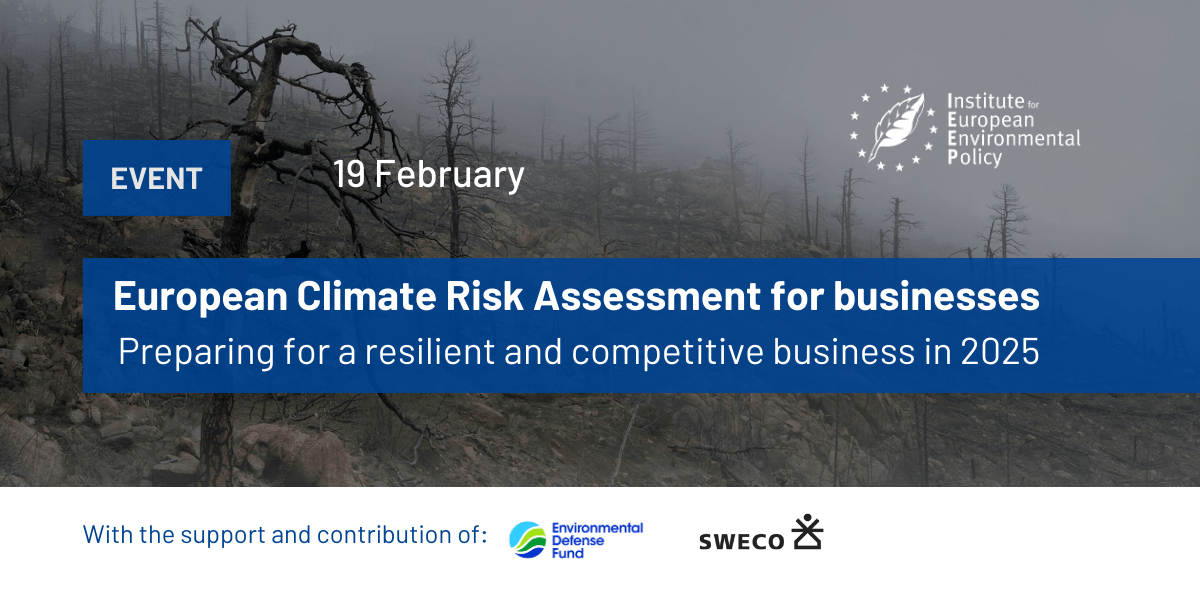Authors: Ben Allen, Anna Lorant
Funded by the European Climate Foundation (ECF) the Agriculture net-zero 2050 project (‘NZ50’) has been developed on the premise that the global ambition set in the COP21 Paris Climate Agreement will require net-zero emissions from all sectors at some point around 2050. It is recognised that not all sectors will be able to reduce emissions to zero (including agriculture, steel manufacturing and aviation), which requires negative emissions to play a role. This calls for greater consideration of how the agriculture sector can play a more prominent role in contributing towards the EU’s climate mitigation targets without compromising European food and nutrition security, the economic role and the social and environmental benefits delivered by the sector.
The ultimate goal of NZ50 is to build a coalition for low-carbon and resilient agriculture sector in the EU and develop evidence-based, stakeholder-led visions and pathways for the transition of the sector by 2050.To that end, a multi-stakeholder dialogue is convened (the ’EU Stakeholder Platform’) to serve as an open discussion space addressing opportunities and challenges associated with climate adaptation and mitigation in agriculture. The first meeting of the EU Stakeholder Platform will take place on the 29th of November in Brussels, discussing the main climate-related drivers of change in the agriculture and land using sectors. Building on the discussions, subsequent phases of the project will investigate what possible transition pathways could look like and what would need to change to enable them to be realised in practice. Platform participants, including representatives from the public and private sectors as well as from NGOs and research organisations, have the opportunity to contribute to and thereby actively shape pathways developed in the next phases of the project.
For more infomation contact Ben Allen and Anna Lorant.


